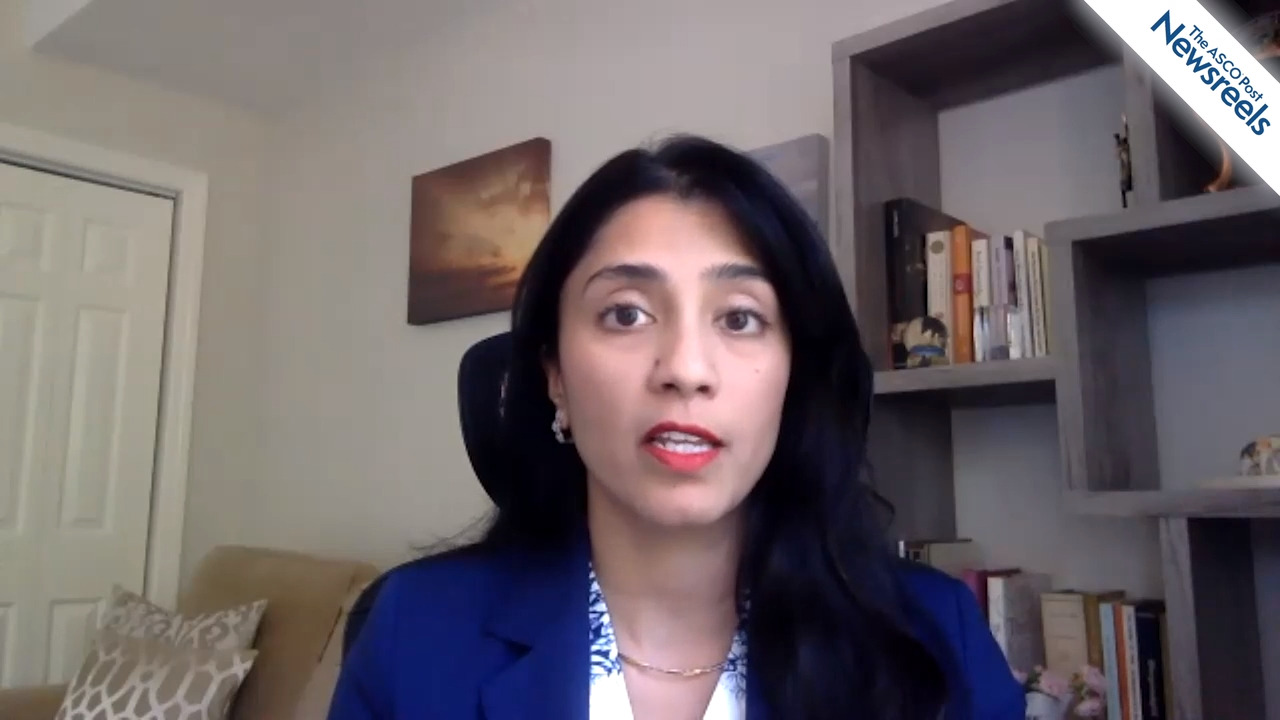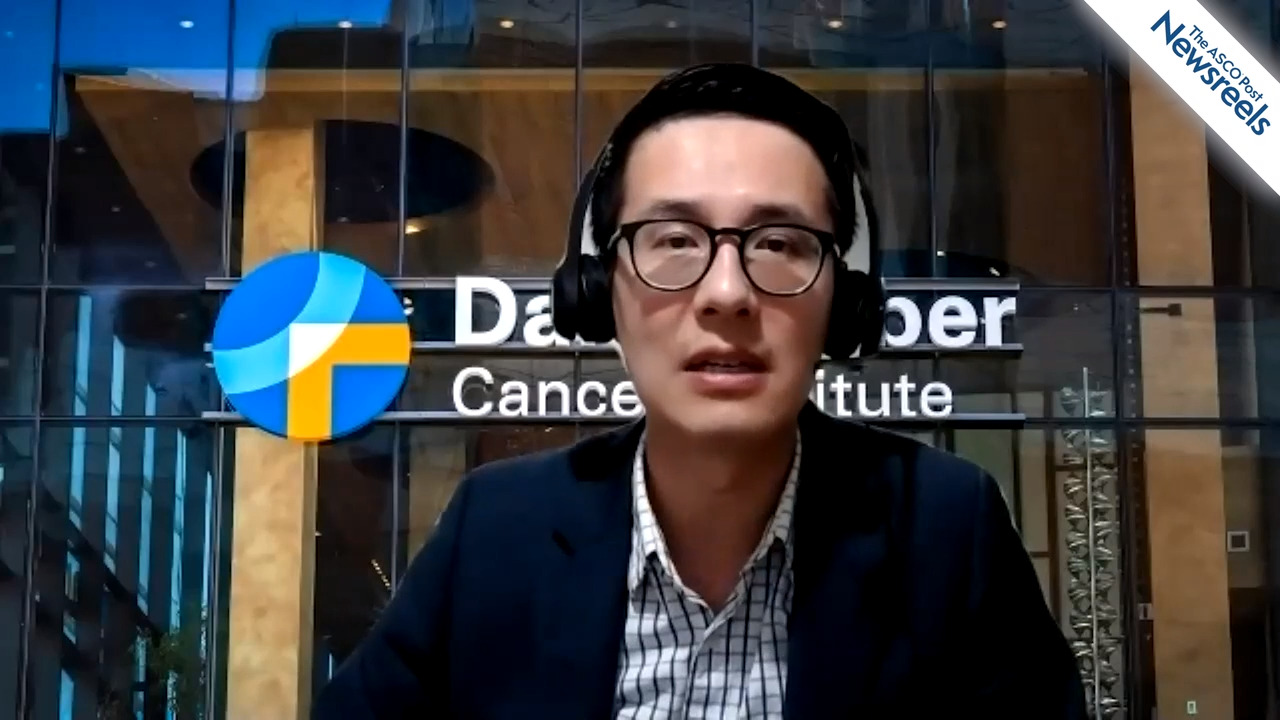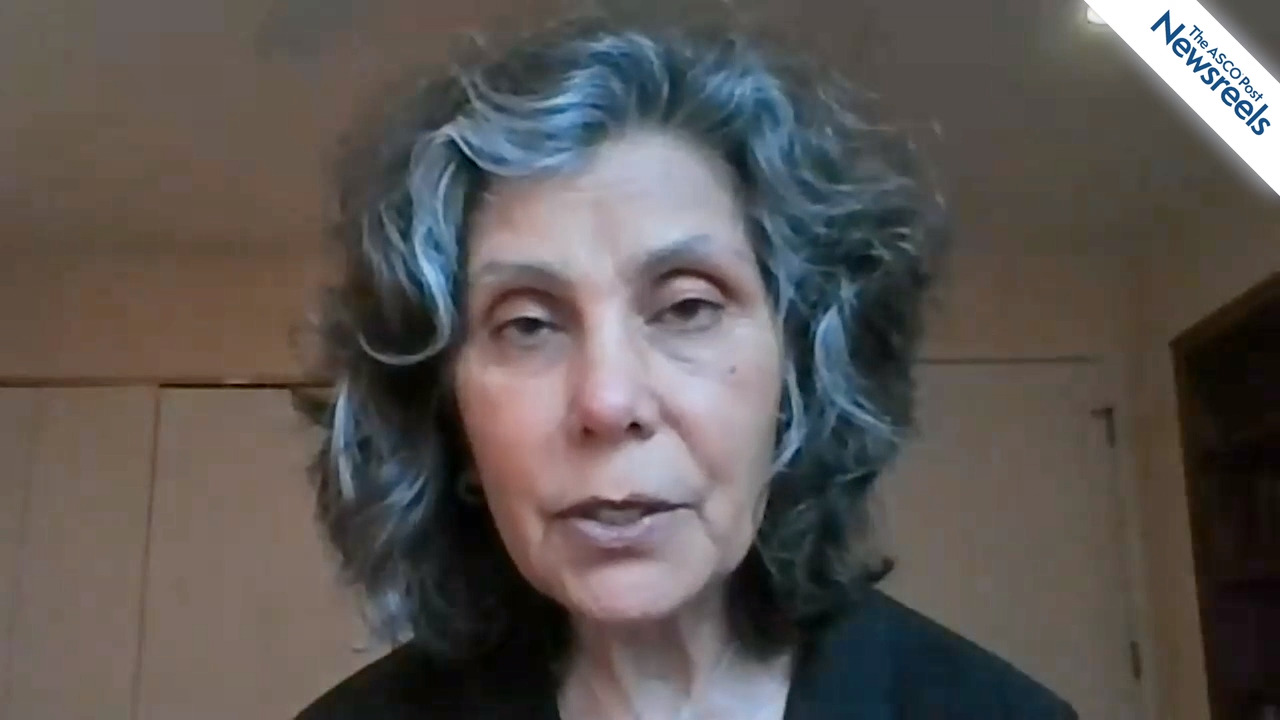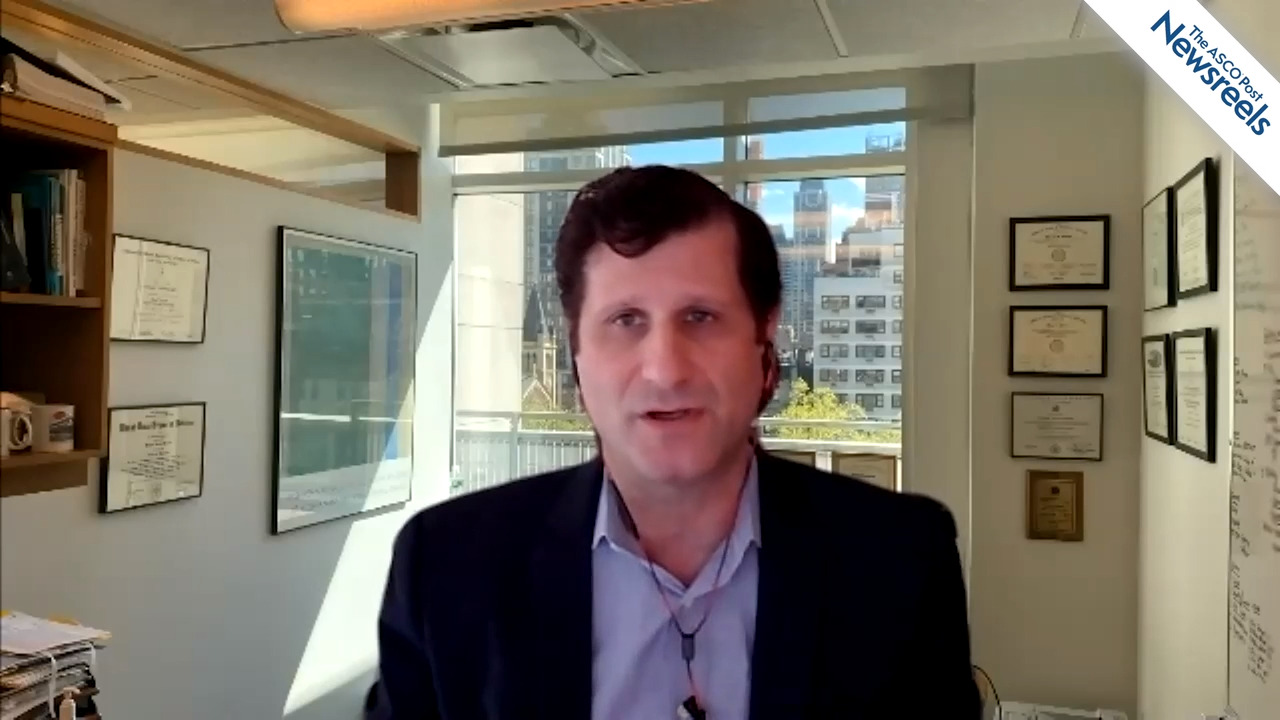Reshma Jagsi, MD, DPhil, and Narjust Duma, MD, on Diversity in Oncology: A Discussion of Evidence-Based Transformation
ASCO20 Virtual Scientific Program
Reshma Jagsi, MD, DPhil, of the University of Michigan, and Narjust Duma, MD, of the University of Wisconsin Carbone Cancer Center, discuss the state of diversity in the hematology-oncology workforce, mechanisms that lead to inequities, promising interventions, and where the field should go next (Abstract 11000).
The ASCO Post Staff
Daniel P. Petrylak, MD, of the Yale Cancer Center, discusses early data on ARV-110, an androgen receptor proteolysis–targeting chimera degrader, demonstrating antitumor activity in metastatic castration-resistant prostate cancer after treatment with enzalutamide and abiraterone (Abstract 3500).
The ASCO Post Staff
Lakshmi Nayak, MD, of Dana-Farber Cancer Institute, reviews two key abstracts on newly diagnosed primary central nervous system lymphoma and treatment with whole-brain radiotherapy, methotrexate, temozolomide, rituximab, procarbazine, vincristine, and cytarabine (Abstracts 2500 and 2501).
The ASCO Post Staff
Eric Zhou, PhD, of Dana-Farber Cancer Institute, discusses an existing online program called SHUTi (Sleep Healthy Using the Internet), that he and his team adapted to the needs of adolescent and young adult cancer survivors. After six online cognitive behavior therapy sessions delivered over 8 weeks, the 22 patients in the study reported a significant reduction in insomnia severity, daytime sleepiness, and fatigue as well as an overall improvement in quality of life.
The ASCO Post Staff
Seema A. Khan, MD, MPH, of the Lynn Sage Comprehensive Breast Center, discusses phase III trial results showing that in newly diagnosed metastatic stage IV breast cancer, locoregional treatment of the primary tumor did not offer a greater survival benefit than systemic therapy (Abstract LBA2).
The ASCO Post Staff
Michael J. Morris, MD, of Memorial Sloan Kettering Cancer Center, discusses phase III data from the CONDOR trial, which showed that PSMA-targeted PET scans detected and localized occult disease in most men with biochemically recurrent prostate cancer presenting with negative or equivocal conventional imaging findings (Abstract 5501).





